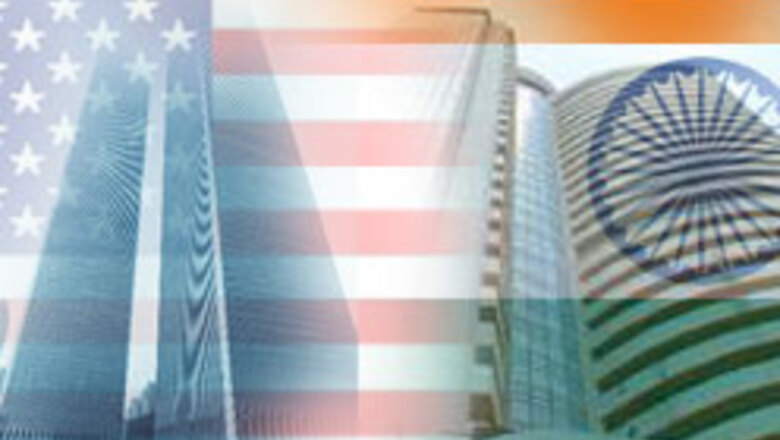
views
Washington: American business executives think, a lot is riding on Congressional approval of the India US-nuclear deal with India expected to be spending close to $200 billion on infrastructure over the next five years, according to a leading American daily.
US companies hope that the passage of this deal, after three decades of US bans on the sale of nuclear equipment to India, will help them get their share, the Washington Post said in a report on how American companies and lobbyists have thrown their weight behind the accord.
It is possible that a few US companies would directly benefit from US-Indian cooperation on civilian nuclear power plants, the Washington Post said, as only four companies worldwide build the most sensitive components of such plants.
Theses are France's state-controlled Areva; Toshiba Corp., which is buying Westinghouse's nuclear unit from British Nuclear Fuels PLC; Russia's newly consolidated Atomprom; and General Electric Co.
The French and Russian firms are already in the advanced stages of negotiations to build the eight nuclear plants India is planning. "We are afraid that they may get all eight," the Washington Post quoted an unnamed American executive as saying.
Even if the French and Russians prevail, US companies are hoping to win related contracts for either building containment structures, selling turbines or providing services for the handling of waste.
Above all, US companies hope the goodwill from lifting nuclear restrictions will spill over to other types of business just when the world's 11th largest economy is racing ahead.
US exports to India have nearly doubled in three years to $8 billion, still less than one percent of total US exports.
GE, which had about $1.1 billion in sales in India in 2005, has set a goal of $8 billion in sales there by 2010. It hopes to achieve that mostly through big infrastructure projects providing water, energy and aviation equipment.
"Expectations in the business world have been growing for the past decade, and they are beginning to be requited," the Washington Post quoted Thomas R Pickering, a six-time ambassador, including a stint as the US envoy to India, as saying.
PAGE_BREAK
Boeing Co, where Pickering has been vice president of international relations for five years, signed an $11 billion deal in January to sell 68 planes to Air India. Boeing is also eyeing sales to private airlines there, which, Pickering said, "are growing by leaps and bounds".
Pickering said Boeing also is seeking to supply more than 120 fighter planes to the Indian Air Force. "That would be the largest fighter sale for the decade, if not the century," he said.
Lockheed Martin Corp, another supporter of the US-India Business Council, also hopes to win contracts from India's military, which has a $23.5 billion budget this year. India has not bought arms from the US since 1965, when President Lyndon B Johnson cut sales during the India-Pakistan war.
The Washington Post cited experts such as Barry M Blechman, chief executive of consulting firm DFI International, as doubting that India will abandon its low-cost Russian equipment and its own indigenous arms industry. "American equipment is superior, but it also comes with strings attached," Blechman said.
Still, if US arms makers are to have any chance, good bilateral relations will count, Pickering said. "Indian officials talk to us about the importance" of the nuclear cooperation agreement, "but it's not a blackmail thing," he said.
With so much believed to be at stake, business groups and the Indian government have lined up the politically well-connected, the daily said.
Critics of the deal have been outgunned by big business, Indian American groups and the administration, the daily said. Even key congressional leaders on non-proliferation are supporting the deal, reassured by respected former diplomats such as Frank Wisner, who also served as special envoy on non-proliferation, and former secretary of state Henry A Kissinger.










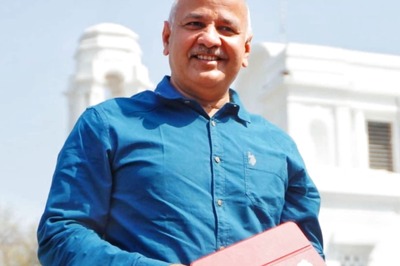
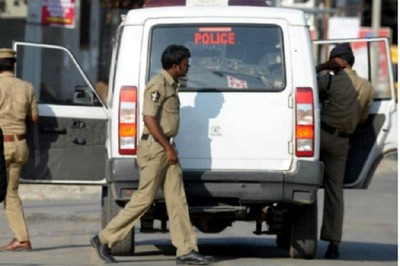
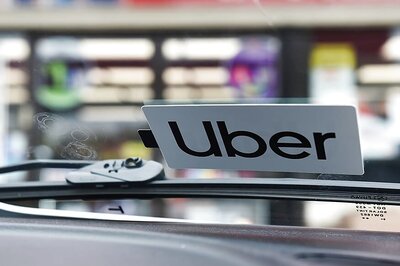

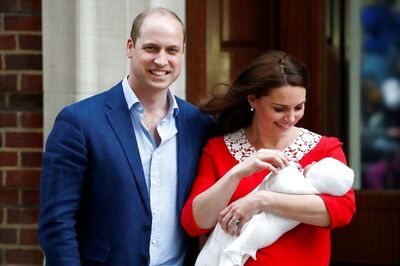


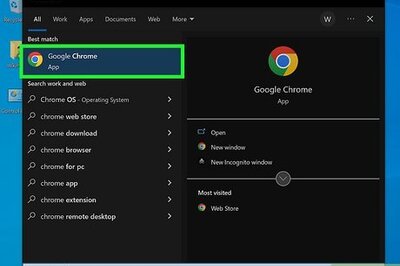


Comments
0 comment